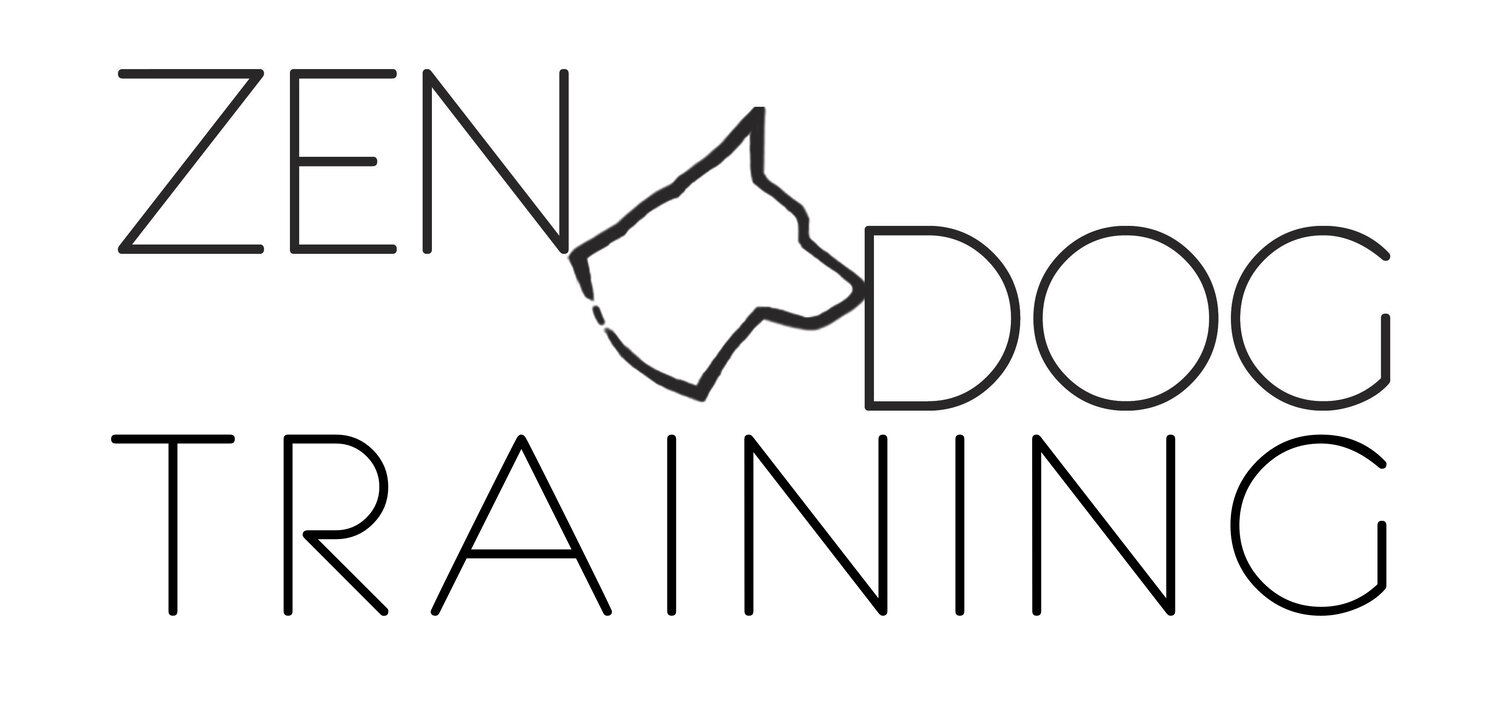“If you walk into a wall, you will get hurt.”
A veterinarian once argued for the use of shock collars by dog trainers by saying, "Well, if you walk into a wall, you will get hurt." She meant that if dogs get shocked for doing something wrong, that was okay, since we humans experience the same type of consequence and don't consider it unusually cruel.
But it's not the same. How many times after you walk into a wall will you repeat that action? Never, if you can help it. So you've learned your lesson after one broken nose. That happened for one reason and one reason only: timing. You felt pain the moment your face made contact with plaster, and so you were able to make the connection between forceful impact with a wall and the painful consequence.
Training dogs using punishment doesn't work that way. Because our timing is so dreadful when attempting to catch the actions of dogs who see many more frames per second than we do, they rarely ever make the connection between what we consider the "wrong" action and the consequence. So they produce that action again and again, getting shocked, yelled at, kicked out of the house again and again. What a miserable way to live - and forget about learning anything. After all, would you be able to think clearly if throughout the course of your day a fist would come out of the sky and punch you in the face? Would you get kind of anxious, paranoid, unsure of yourself and your environment since you never knew what situations would cause that punch to land on your nose? Imagine - you wake up, forget to brush your teeth. Hit in the face. Go to eat breakfast and sit in the wrong chair - hit again. Then, you finally proceed to go about your day. Just as you've almost forgotten about the looming danger, you're hit again and have no idea why. My guess is that after the he third blow, you'd be ready to yell at anyone who looked at you funny. Not surprisingly, dogs react the same way to constant aggravation.
Positive trainers see plenty of fallout from shock collar courses and even much lesser forms of punishment like raised voices or intimidating physical postures. None of it is worth it!
